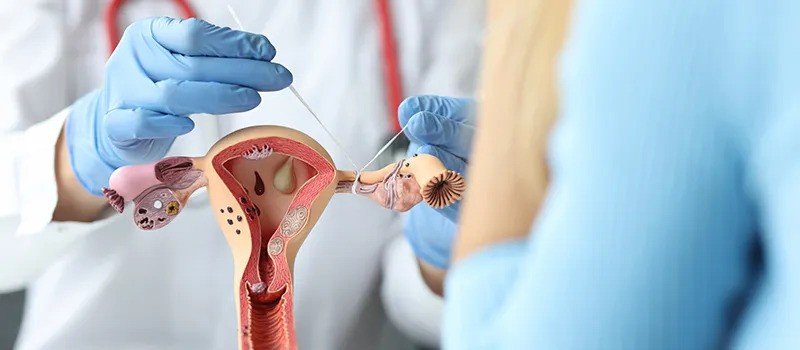Taking care of your reproductive and urinary health is essential for overall well-being. Regular gynecological and urological checkups can help detect potential issues early, prevent complications, and ensure long-term health. Here’s why these appointments are vital and what to expect during your visit.
Why Regular Checkups Matter
1. Early Detection of Health Issues
- Routine exams can identify conditions like cervical cancer, prostate cancer, or urinary tract infections (UTIs) in their early stages when they are most treatable.
2. Monitoring Reproductive Health
- Gynecological visits can help monitor menstrual health, fertility concerns, and hormonal imbalances, while urological exams focus on bladder, kidney, and prostate health.
3. Preventive Care
- Screenings for sexually transmitted diseases (STDs), Pap smears, and prostate-specific antigen (PSA) tests are crucial for preventing serious health problems.
4. Addressing Symptoms and Concerns
- If you experience symptoms like pelvic pain, irregular periods, urinary incontinence, or erectile dysfunction, a specialist can provide guidance and treatment options.
What to Expect During a Checkup
For Women: Gynecological Exams
- Pelvic Exam: The doctor examines the reproductive organs to check for abnormalities.
- Pap Smear: A test to detect precancerous or cancerous cells on the cervix.
- Breast Exam: A physical exam to check for lumps or changes in breast tissue.
- Discussion of Concerns: Talk about symptoms like pain, irregular cycles, or contraception options.
For Men: Urological Exams
- Prostate Exam: A digital rectal exam (DRE) to check the prostate gland for abnormalities.
- Urinalysis: Tests for signs of infection, blood, or other irregularities in the urine.
- Testicular Exam: Checks for lumps, swelling, or other issues in the testicles.
- Discussion of Symptoms: Address issues like frequent urination, erectile dysfunction, or pain.
How Often Should You Go?
- Women: It’s recommended to visit a gynecologist annually for a general checkup, especially if sexually active or over the age of 21.
- Men: Urological exams should begin around age 40-50, or earlier if there’s a family history of prostate or urinary issues.
Tips for a Successful Visit
- Be Honest: Share any symptoms, no matter how minor they may seem.
- Prepare Questions: Write down concerns or topics you want to discuss.
- Know Your History: Be ready to provide information about your medical and family history.
- Stay Consistent: Regular visits make it easier to track changes in your health over time.
Final Thoughts
Regular gynecological and urological checkups are essential for maintaining reproductive and urinary health. These appointments not only help detect potential problems early but also provide an opportunity to discuss preventive care and overall wellness. Prioritize these visits as part of your healthcare routine—your health is worth it.






Comments by